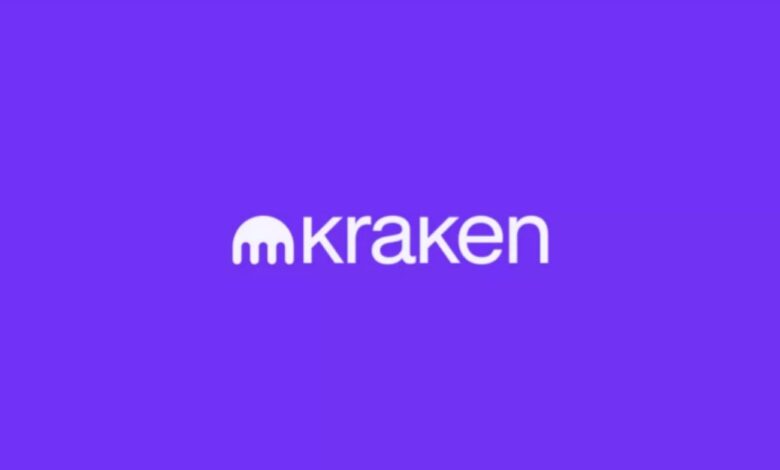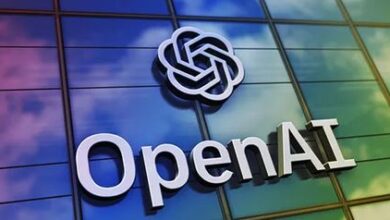Kraken Steps Into U.S. Equities, Blurring Lines Between Crypto and Traditional Finance

San Francisco-based crypto exchange Kraken is broadening its horizons with the launch of U.S. equities trading, marking a significant expansion of its platform beyond digital assets.
The move enables users in select states to trade both cryptocurrencies and traditional stocks from a single interface — a step that brings the platform closer in functionality to mainstream fintech firms like Robinhood.
In partnership with broker-dealer Alpaca, Kraken will now offer commission-free trading for over 11,000 U.S.-listed stocks and exchange-traded funds (ETFs). A large portion of these assets will be available for fractional trading, allowing users to buy less than a full share — a key feature aimed at improving accessibility for everyday investors.
The equities offering is currently rolling out to a limited number of U.S. states, with nationwide expansion planned in the coming months. Kraken also has its sights set on bringing the service to international markets, including the UK, Europe, and Australia.
“Expanding into equities is a natural step for us and paves the way for the tokenization of assets,” said co-CEO Rajvi Sethi in a statement. “Crypto isn’t just evolving; it’s becoming the backbone for trading across asset classes, such as equities, commodities, and currencies. As demand for 24/7 global access grows, clients want a seamless, all-in-one trading experience.”
While the concept of bringing traditional financial instruments onchain has long been a focus in the blockchain space, the emphasis has usually been on tokenizing those assets. Kraken’s direct inclusion of equities marks a notable shift toward fully integrated platforms that bridge digital and traditional markets.
The move follows Kraken’s recent acquisition plans for NinjaTrader, a CFTC-registered trading platform, in a deal valued at $1.5 billion — the largest merger between crypto and traditional finance to date.
The exchange is also reportedly preparing for a public listing, with an initial public offering (IPO) expected as early as 2026.




